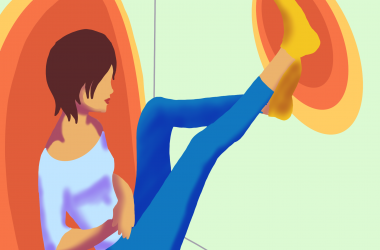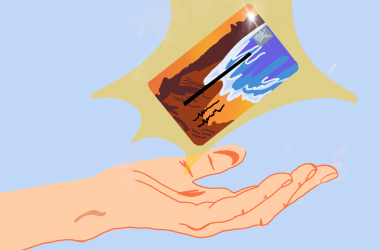Walking with dinosaurs may never be feasible because scientists disproved the Jurassic Park theory of cloning dinosaurs from DNA trapped in amber last year. However, there is a chance we may walk with an extinct relative of the human race sooner than we may think.
In what some are calling the weirdest job posting of all-time, may also open up the opportunity for one of the biggest scientific feats in the history of mankind. A Harvard professor of genetics is looking for a female surrogate to mother the first cloned Neanderthal baby.
Yes, there are talks to bring back a close relative of humans that has been extinct for more than 33,000 years.
The man in charge of this controversial leap in scientific discovery is Dr. George Church. Church believes there would be benefits to reintroducing Neanderthals stem cells into society.
In an interview with the Der Spiegel magazine Church said, “The first thing you have to do is to sequence the Neanderthal genome, and that has actually been done.”
The next step is to find a willing woman to carry a Neanderthal baby. It is doubtful the list for this job will be too long; there must be a few adventurous souls that will want to take on the challenge.
Cloning a Neanderthal baby will cross both legal and ethical lines.
Not only is human cloning illegal is most countries; most people are not comfortable cloning human life. There are many risks involved. There has never been a successful human clone. Scientists have successfully cloned other mammals, but not anything as complicated as human DNA, let alone an extinct species like the Neanderthal.
The benefits to a introducing Neanderthal DNA into society could be beneficial, however. It could create more diversity amongst the human race, if species do intermingle, but that crosses ethical bounds as well.
Creating a Neanderthal will also be a massive leap in scientific discovery. Bringing a relative of the human race back from extinction is a massive accomplishment for mankind.
At the same time, if we do clone a Neanderthal, how would this individual be accepted by society?
This Neanderthal will be part human. Who knows what mental capacity it will have in the modern world?
The Neanderthals were smart for their time. They built tools and lived in family units. It is impossible to know how this species would react to being raised in modern times.
Would this Neanderthal be kept in a lab? Or would it be free to join society? Would we let it play Little League? Would we let it go to school? There are so many questions that could be answered if we give the Neanderthal cloning a chance.
The most intriguing question would be how society would react.
In a world where race, ethnicity and religion still divide many, how would society react to a whole new species of humans?
Whatever happens, I do hope to see a cloned Neanderthal in my lifetime.
It is something that will push the limits of scientific discovery and possibly the human race forever.
Chasen Doerr is a senior journalism major and the opinions editor for the Daily 49er.



